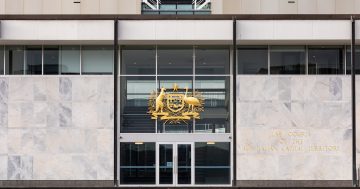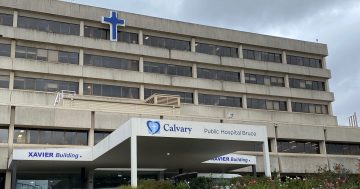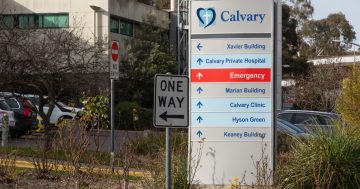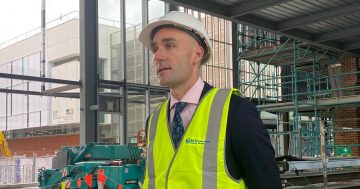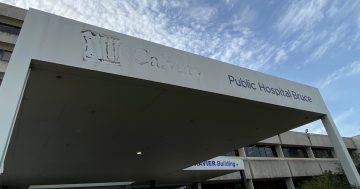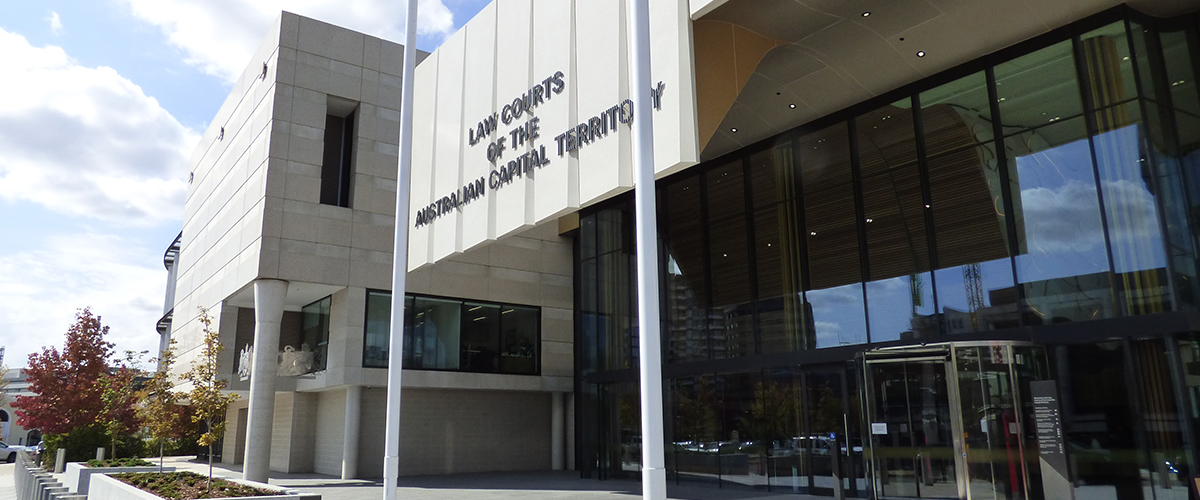
Calvary Health Care is considering an appeal. Photo: File.
Orders keeping the Territory from entering Calvary Public Hospital Bruce as part of the acquisition process have been dismissed by the ACT Supreme Court.
Calvary Health Care had applied for the law allowing for the forcible takeover of the hospital’s land and assets to be ruled invalid, as well as certain sections contained within the legislation.
Justice David Mossop told the Supreme Court on Friday (9 June) that while the court couldn’t provide its reasons for the decision at this stage, the applications to declare the Health Infrastructure Enabling law and certain sections to be invalid were dismissed.
He also removed the orders stopping Canberra Health Services from entering the site.
In his affidavit to the Supreme Court, Calvary National CEO Martin Bowles had argued against the validity of both the law and associated regulation, contending Calvary would suffer “loss and damage” if the Territory exercised its rights under them.
“I am concerned that the pace at which the Territory proposes to acquire the Public Hospital Land and associated assets, as well as transition the provision of the public hospital services, puts at risk the safety and wellbeing of patients, staff and the community,” he said.
“I am also concerned that the Territory’s conduct may cause some staff to permanently leave their roles and not return. If this were to pass, I anticipate that staff shortages may arise which could put at risk patient and community safety.”
While the Supreme Court dismissed the concerns around the validity of the Act as a whole, and certain sections, what’s happening with Calvary’s submission that parts of the regulation are invalid still hasn’t been determined.
The law also contains a subordinate regulation to provide a way to determine compensation payable to Calvary “under just terms to acquire the land and terminate the CNA [Calvary Networking Agreement].”
“It will also provide a mechanism to transition Calvary Public Hospital Bruce employees, assets, and services to the Territory,” it states.
Mr Bowles stated in his affidavit his concerns the acquisition would “force” Calvary to “incur unnecessary costs and expenses.”
“It is uncertain whether these will be reimbursed by the Territory,” he said.
“I am particularly concerned that the proposed Regulation, particularly regulation 7, appears to allow the Territory to pick which contracts it proposes to have novated or assigned.”
Mr Bowles also outlined his feelings that if the transition was to begin and then have to be halted or reversed, the damage would be “significant”.
“In my view … there would be significant staff and community confusion which would likely damage Calvary’s relationship with those stakeholders,” he said.
“Calvary has invested considerable time, funds and effort into building these relationships over the past 40 years.”
What exact legal options Calvary Health Care’s considering at this time remain unclear.
In the courtroom Calvary’s legal representative David Williams raised concerns over the reasons not being available at this time, indicating the corporation would consider appealing this decision.
“I’m not sure a further application for an injunction is the right course,” Justice Mossop replied.
“But there’s absolutely no constraint on making an application.”
A Calvary spokesperson acknowledged the Supreme Court’s decision, but would not comment further.
“[Calvary] will take time to consider the judgment once we receive it,” they said.
The matter is scheduled for a directions hearing on 16 June.












